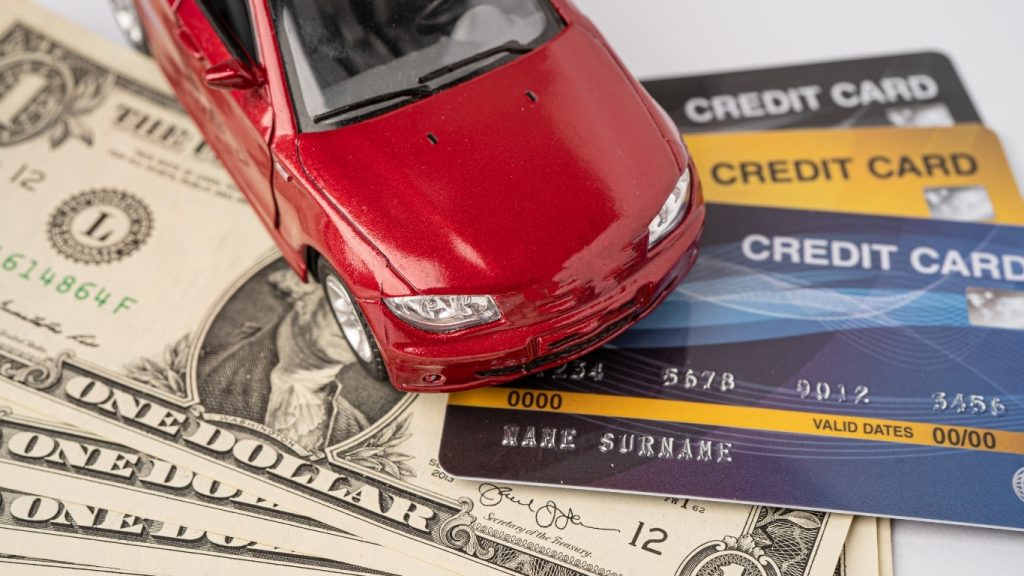Today, credit is a key component of an individual’s financial status. Everything related to finance is now regulated by credit. In the United States, obtaining loans for purchasing a home, car, or other items typically requires a strong credit score. That means a person’s financial progress depends on their credit. So, if a person’s loan application is denied, they become frustrated or embarrassed.
You may be confused because, despite having a prestigious job with a standard salary and a solid repayment plan, your loan application has been denied. The reason is your poor credit score. A borrower with a low credit score is considered a high-risk borrower by the lenders. Your history of bad credit overshadows your recent ability to pay. Getting denied for a mortgage or car loan can be frustrating and even embarrassing, especially when you’re trying to make progress in life. You may have a stable job, regular income, and a solid repayment plan, yet lenders still say no. The reason? More often than not, it comes down to your credit score. However, among all the sad information, the good news is that you can enjoy the journey from a bad credit score to a good one and can even get a loan approval after being denied by fixing your credit.

Why Creditors Check Credit for a Loan Approval?
While reviewing your loan application, creditors must check your credit report to understand how responsible you are with your finances and repayment policies. A high credit score suggests good performance in financial management with loans. On the other hand, a low credit score represents the borrower as high-risk.
Generally, a score between 670 and 730 is considered, and a score between 740 and 799 is considered. But lenders may consider a 700+ credit score as a good score to offer a low interest rate. Generally, a score between 670 and 730 is considered acceptable, and a score between 740 and 799 is considered excellent. A score of 730 is a reliable score. scoreSo, essential.
What are the Causes of Your Poor Credit Score?
To fix your credit be you must know the facts that are the causes of your low credit score. The causes might be
- Late payments. Remember, late payment is responsible for 35% of your credit. Even one day of late payment might have a large negative impact on your credit.
- Missed payments. It might happen that you don’t even know you missed a payment. Also, it might happen that there is misinformation in your credit history regarding your payment.
- Maxed-out credit cards. A maxed-out credit card means you have used up all available credit. You can’t make a payment using this credit card anymore. If you don’t pay attention to your maxed-out credit card, it might be considered irresponsible user behaviour to the lenders.
- Collection accounts. When a debt is sent to collections, it means your credit score is going to face a severe disaster.
- Charge-offs or defaults. After several missed payments, lenders write off the debt as a loss in their accounts. It means the borrower fails to meet the agreement. It affects the credit score badly.
- High credit utilisation. Using credit more than its limit lowers the score. Experts suggest avoiding using your credit more than 30% of your available credit limit.
- Errors on your credit report. Errors on credit reports decrease the credit score. So, the errors need to be taken care of as soon as possible. You can have a free copy of your credit report from AnnualCreditReport.com once a year.

The Way to Fix Your Credit to Qualify Again for a Loan
This is not a process of overnight process. So, you need to be patient. But the good news is, credit is fixable. You can qualify again for a loan by fixing your credit legally. Let’s know the procedure.
- Download a free copy of your credit report to identify the errors in your credit report. Errors, for example, include duplicate accounts, late payments, missed payments, incorrect information, etc. You can get a free copy from three credit bureaus: Experian, Equifax, and TransUnion. Also, you can get a free copy from AnnualCreditReport.com once a year.
- Dispute the errors with the credit bureau as soon as possible
- If you have unpaid debt in your credit report, try to pay as soon as possible. You can negotiate with the creditors to get a payment plan for you.
- Avoid making late payments. The drawbacks of late payments stay for almost 7 years in the credit report.
- Don’t miss any payment again. Only continuous payment can restore the trust of the lenders.
- Keep the percentage of your credit usage at less than 30% of your available credit.
- During the procedure of credit improvement, avoid applying for opening new accounts or closing old accounts.
- Consider a credit builder loan to reestablish a positive credit history.
- Avoid making too many inquiries. It may seem like you are desperately seeking for credit improvement.
Hiring a Credit Repair Specialist
Sometimes, you may find the procedure very hard to do by yourself. In this situation, a credit repair specialist can help you fix your credit. Great American Credit Repair is such a company, where you can find a specialist to fix your credit on your behalf, and you can also improve your financial health by resolving your credit issues. Get free consultation from the consultants to get guidance for your future credit management. Great American Credit Repair has been helping its clients to improve their credit since 2008 in Florida, New Jersey, California, Pennsylvania, and Virginia. We are always ready to help you boost your financial health by fixing your credit legally.

